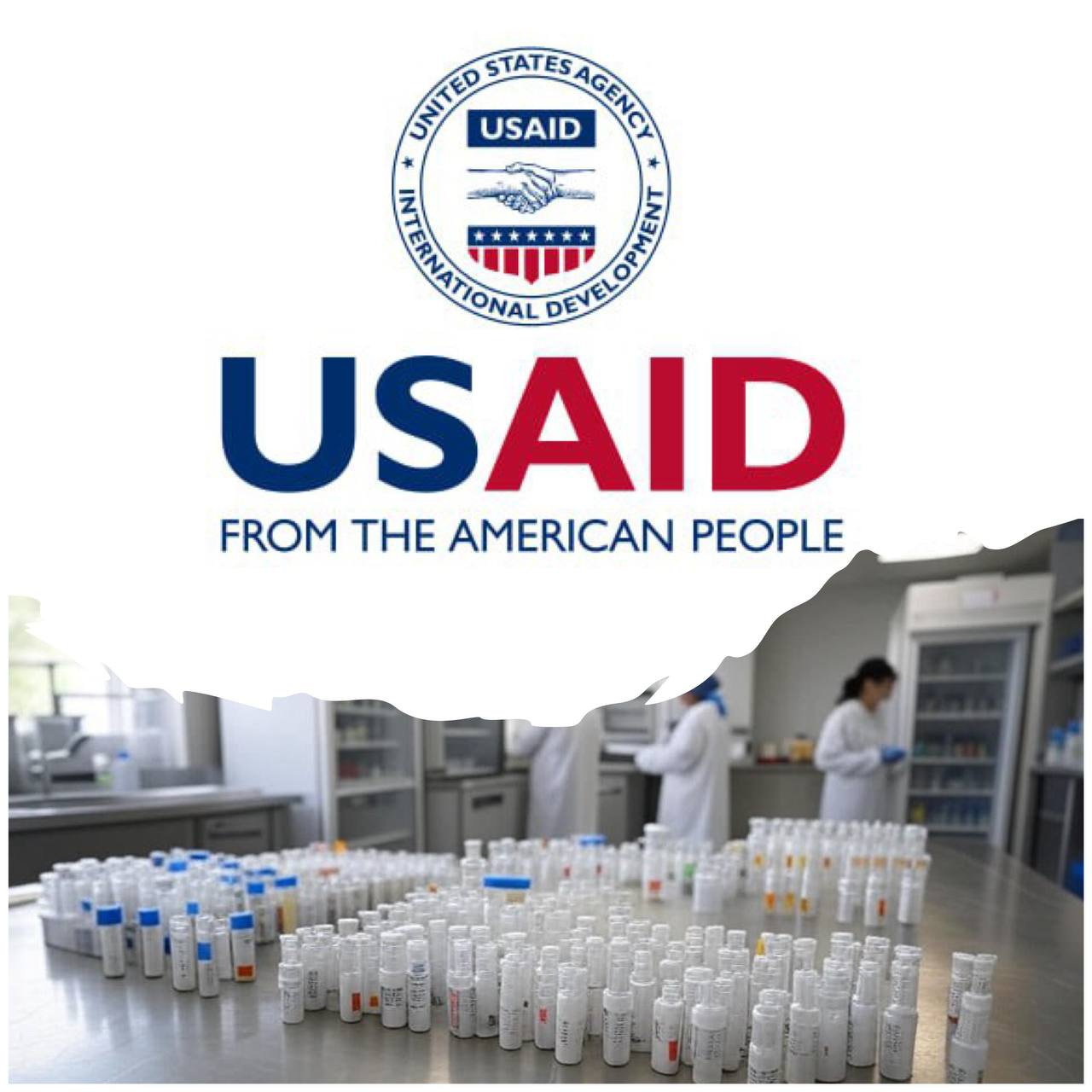USAID Shipped 11,000 Viral Samples to Wuhan Lab Without Oversight
FOIA Documents Reveal Gaps in $210 Million PREDICT Program
Over a decade, the U.S. Agency for International Development (USAID) shipped 11,051 viral samples—3,000 from humans, 6,380 from bats, and 1,671 from rodents, some carrying bat coronaviruses—from Yunnan Province to the Wuhan Institute of Virology (WIV) without any agreements to keep them accessible to the U.S. This came to light thanks to FOIA documents from U.S. Right to Know. The $210 million PREDICT program, run by UC Davis, gathered these samples but didn’t have a plan to store them after funding ran out in 2019.
WIV, connected to China’s People’s Liberation Army through lab building and staff ties, held the samples despite safety worries. USAID’s own note said, “No need [sic] information from Yunnan. All samples they helped collected [sic] are sent to, tested, and stored in Wuhan.” U.S. intelligence says WIV researcher Ben Hu got sick with COVID-like symptoms in 2019, though he denies it. A close COVID-19 relative was among the samples.
“The PREDICT deal should’ve ensured U.S. storage,” said Rutgers biologist Richard Ebright. Attorney Reuben Guttman added, “It’s simple—contracts are a must for sample control.”
USAID shut down on July 1, 2025, after Secretary Marco Rubio cut 92% of its grants, ending 4,100 programs. A State Department official noted, “We’re still looking into USAID’s health funding.” Rubio slammed USAID, saying it “fueled anti-American sentiment.” A July 2025 Lancet study credits USAID with saving 91 million lives but warns cuts could add 14 million deaths by 2030.
Those samples are still at WIV, out of reach for U.S. investigators tracking COVID-19’s origins, pointing to big oversight problems.
Sources for this article: Daily Caller, FOIA, Wall Street Journal, Science, Oversight Committee




